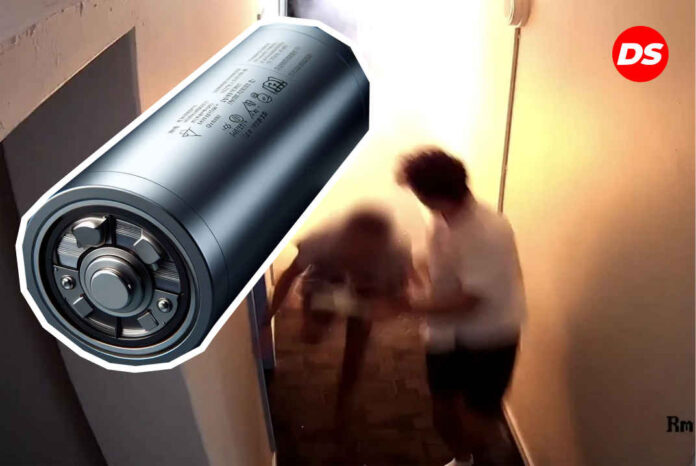These batteries, prized for their high energy density, pose significant risks when damaged or improperly handled.
Recent tragedies, including a March 2024 house fire in Lake Macquarie that claimed two lives, and a series of apartment and waste management fires, highlight the dangers.
Experts warn that misuse, such as overcharging, using uncertified chargers, or improper disposal, exacerbates the risk of fires, which are notoriously difficult to extinguish due to self-sustaining flames and toxic fumes. Authorities have stressed the urgency of addressing safety practices, particularly as lithium-ion batteries become ubiquitous in homes, handbags, and even garbage trucks.
To tackle the growing threat, insurance giant IAG is spearheading a global research initiative with Australian and international experts, including the Queensland University of Technology.
The project aims to establish safety guidelines for handling, storing, and disposing of lithium-ion batteries, as well as identifying risk factors in devices like electric vehicles and e-scooters.
Researchers advocate for stricter regulations on battery quality and certifications, especially for smaller, uncertified devices sold online.
This initiative is critical as Australia accelerates its adoption of energy storage technologies in pursuit of net-zero emissions. Findings from the research, expected in 2026, could pave the way for safer integration of lithium-ion batteries into everyday life.
